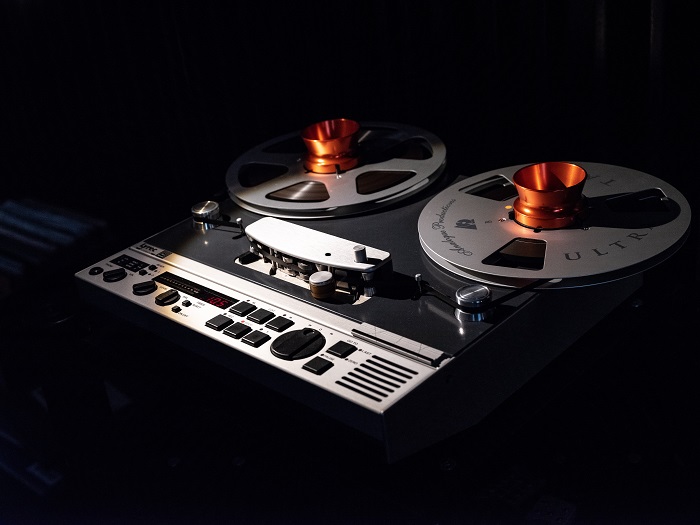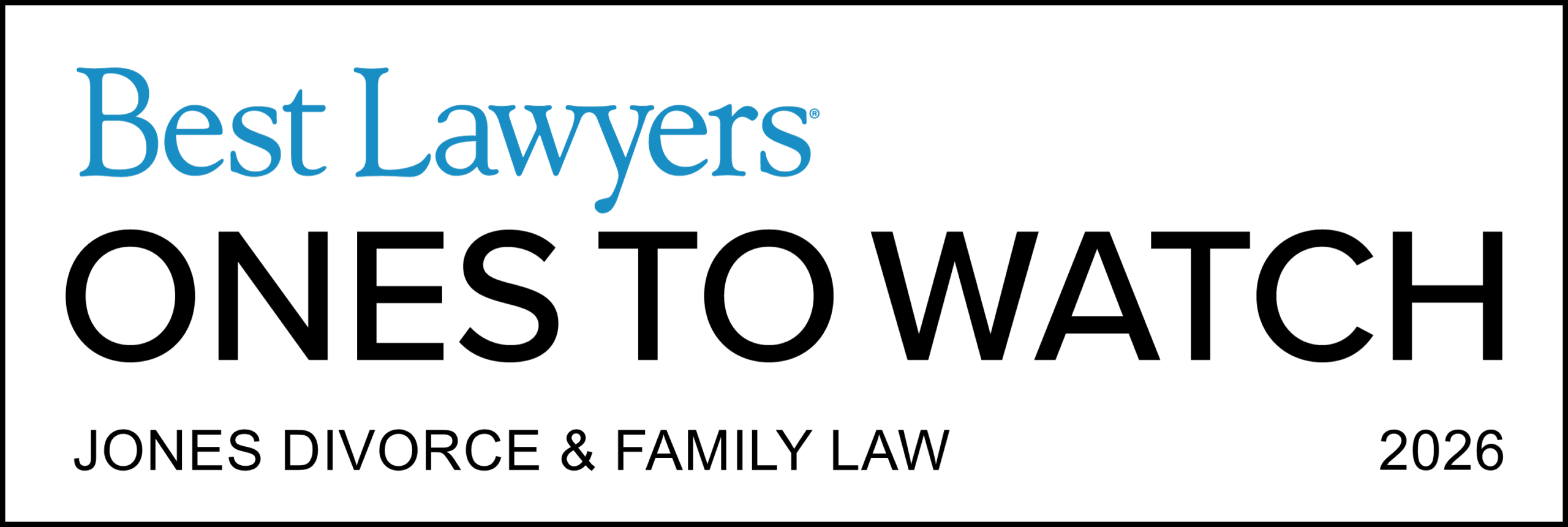
The Court’s Views On Questionably Obtained Evidence
Technology has become omnipresent in our society. In some ways this has made our lives much easier; a separated parent can see their child at the touch of a screen, important moments can be captured and instantly shared with family and friends. In other ways, it can create some difficult challenges. In the context of an acrimonious family law litigation, some disputes can escalate in such a way where technology is used questionably or where technology is abused.
Questionably obtained evidence, or in legalese, surreptitious evidence, is evidence that was obtained in secret, without consent and potentially even illegally, and it may not be admissible. Recording conversations with your co-parent without permission may seem necessary in the moment; however, depending on the circumstances in which the recording was obtained, the Courts may consider this to be surreptitious evidence. If you have or are being presented with evidence that you feel may be surreptitious, the experienced lawyers at Jones Divorce and Family Law in Calgary can provide clarity.
In certain circumstances, surreptitious evidence will be admitted, but it is entirely at the Court’s discretion. Surreptitious evidence is a concern for courts from a policy perspective. The Courts do not want to open the floodgates to allow this sort of evidence to be routinely admitted. Additionally, they do not want to be seen as condoning such behaviour, especially in a family law context in Calgary, where it serves to increase conflict and can potentially impact Children.
The first question that the Court will ask is, does this evidence fall into the surreptitious category? The proper procedure for this determination is to have the Court consider the admissibility question in a voir dire, which is a separate hearing held prior to the final hearing to determine preliminary issues. If the Court finds that the evidence is in fact surreptitious, the next question is whether the evidence meets the admissibility threshold. Generally, the party seeking to enter the evidence must show that there is a compelling reason or need for the evidence to be considered by the Court. The Court will ultimately weigh the value of the evidence to the issue being decided against the negative impact (called the prejudicial effect) of the evidence. Prejudicial effect means that the evidence could potentially be harmful to the opposing party, to the trial process, and to the reputation of the administration of justice. The harm that could occur by excluding the evidence is also something a Court will consider. The determination of admissibility is not a simple exercise.
While there are circumstances in which this kind of evidence may be admitted, it is important to note that the attitude of the Courts towards questionably obtained evidence is generally quite negative. In family law matters especially, obtaining and subsequently attempting to enter such evidence increases conflict and further erodes trust between the parties, as well as damaging relationships between any children involved and the parents. It also inevitably draws out the process and increases costs for both parties. There is also a risk that costs will be awarded against the party attempting to enter the evidence if the evidence is deemed inadmissible.
If you are being faced with questionably obtained evidence or if you are wondering if the evidence you have would be considered surreptitious, the experienced lawyers at Jones Divorce & Family Law in Calgary can help. Our lawyers are experienced in family law litigation and are available to help you understand and navigate the process.
Jessica Lypkie, Family Law Student
The content provided in the blog posts of Jones Divorce & Family Law is general information and should not be considered legal advice. Please contact a lawyer for legal advice tailored to your specific situation. All articles are current as of their original publication date.







